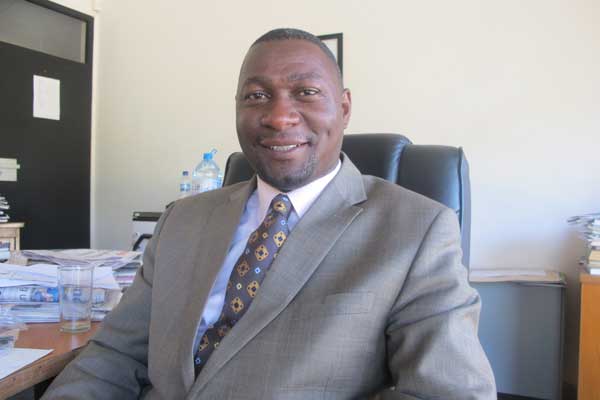
President Robert Mugabe’s government has a penchant for going for the lowest hanging fruit by raising taxes each time its revenues dip due to the poor management of the economy.
Comment: The Standard Editor
The approach, which has seen Zimbabweans being among the most taxed people in the world, was partly to blame for the ill-considered move to introduce a floor price for mobile and data services by the Postal and Regulatory Authority of Zimbabwe (Potraz).
Potraz was forced to reverse the drastic increase in mobile phone data charges after an angry response from customers and activists who saw it as an attempt by Mugabe’s government to curtail the use of social media.
After Potraz set the now suspended floor price, Econet Wireless, the largest mobile operator in the country by subscription, had pegged its cheapest data package at $1 for 10 megabytes compared to 250 megabytes for the same price previously.
when he announced the suspension of the tariff increases, Information Communication Technology minister Supa Mandiwanzira said he had realised that they were “shockingly” high.
He also claimed that mobile operators had requested the floor price and went on to accuse them of “gluttonous corporate greed.”
Econet responded to Mandiwanzira’s statements with a lot of venom and stopped short of accusing the minister of misrepresenting facts behind the audacious attempt to price mobile phone data out of the reach of the majority of Zimbabweans who are either unemployed or earn very little.
- Chamisa under fire over US$120K donation
- Mavhunga puts DeMbare into Chibuku quarterfinals
- Pension funds bet on Cabora Bassa oilfields
- Councils defy govt fire tender directive
Keep Reading
The truth may be the biggest victim in this war of words between the government and Econet, which has emerged from the tariff hike debacle bruised, but the dispute helped raise serious issues about Zimbabwe’s lack of seriousness in supporting the growth of the information super highway — a key ingredient in the growth of any serious economy these days.
Mugabe’s government has an unhealthy obsession when it comes to information control and at this stage, we cannot rule out that the attempt to introduce a floor price for data and voice calls was driven by a long-held desire to limit social media use in the country.
Zimbabweans have been using social media to fight back against a government that wantonly abuses human rights and has made corruption a fashionable way of life.
The events of 2016, where one of the largest job boycotts was organised through Twitter and WhatsApp, pushed the government to desperate levels and this was evidenced by the drafting of the Stalinist Computer Crime and Cyber Bill.
However, the Potraz and mobile network operators’ fallout also reminded us of how government taxation has made Zimbabwe one of the most expensive countries for investors to do business.
According to a report we published elsewhere in this issue, Zimbabwe was ranked the fourth most expensive country in terms of mobile data in the recent Research ICT Africa report.
Finance minister Patrick Chinamasa introduced a five cents levy on mobile data in his 2017 budget and this has further pushed costs of doing business to levels that would scare potential investors.
The poor are hit the hardest by this predatory way of funding budgets by a bankrupt and incompetent government.
Instead of rushing to introduce taxes and floor prices for mobile phone operators, Mugabe’s government must wake up from its slumber and initiate more innovative ways of financing its operations.











